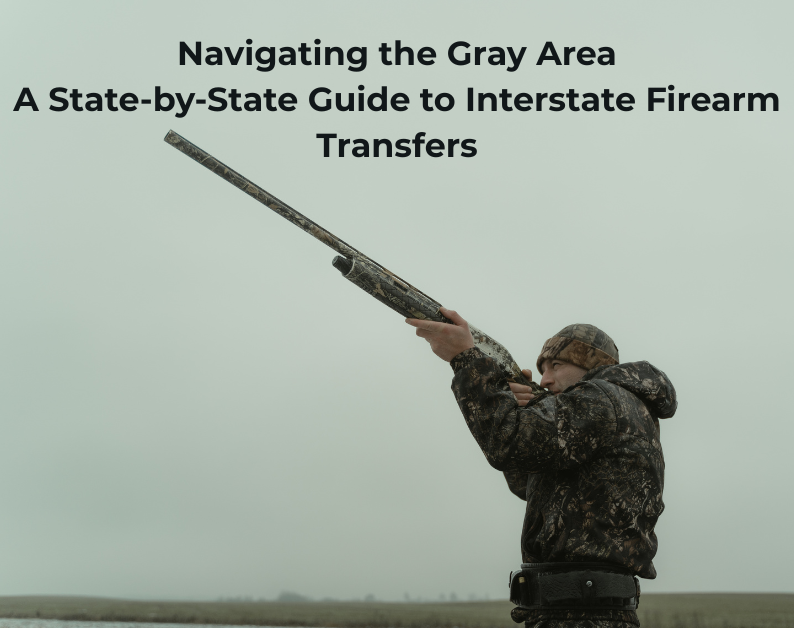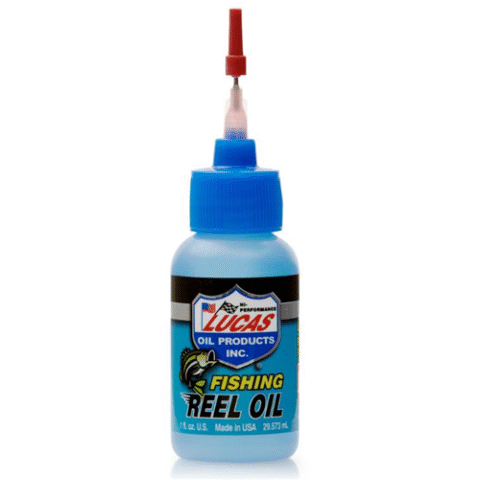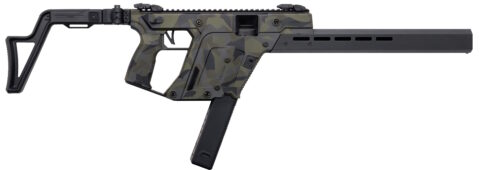Interstate firearm transfers represent one of the most complex areas of gun law, where federal regulations intersect with varying state requirements. At Liberty Gun Trader, we understand that navigating these waters requires clear guidance and accurate information.
The Gun Control Act of 1968 established the foundational framework requiring Federal Firearms Licensees (FFLs) for most interstate transfers, but the details vary significantly from state to state.
Understanding the Federal Foundation
Federal law provides the baseline for all interstate firearm transfers. Under the Gun Control Act, any firearm crossing state lines must generally be transferred through a licensed FFL dealer. The process requires the seller to ship the firearm to an FFL within your state of residence, where you complete ATF Form 4473 and undergo a background check.
Federal law includes several important exceptions. Temporary loans for lawful sporting purposes don’t require FFL transfers. Additionally, firearm inheritance through wills allows direct transfers without FFL involvement, provided the recipient isn’t a prohibited person.
The State-by-State Complexity
While federal law sets minimum requirements, individual states can impose additional restrictions that complicate interstate transfers. Some states require ALL firearm transfers—even between private parties within the same state—to go through FFLs.
California mandates that virtually all firearm transfers occur through licensed dealers, requiring additional paperwork beyond federal forms and imposing waiting periods. New York demands background checks for all firearm transfers and maintains detailed registration requirements for handguns.
Colorado requires background checks for private sales but includes exceptions for transfers between immediate family members and temporary transfers for hunting or sporting events.
Point of Contact States and Transfer Processing
Understanding whether your state is a Point of Contact (POC) state affects the background check process. Full-POC states like Florida, Pennsylvania, and Virginia conduct their own background checks through state systems rather than using federal NICS directly.
NICS states rely entirely on the federal system, which typically provides faster processing but may not catch state-specific prohibitions that haven’t been reported to federal databases.
Interstate Purchase Considerations
When purchasing firearms across state lines, the type of firearm matters significantly. Federal law allows long gun purchases from dealers in contiguous states, provided the transaction complies with laws in both states.
Handgun purchases must always be transferred to an FFL in your home state regardless of where you initiate the purchase. Private sales across state lines universally require FFL transfers, regardless of firearm type.
The FFL Transfer Process
Successful interstate transfers require coordination between multiple parties and careful attention to documentation. When browsing firearms at our shop, interstate buyers must arrange for transfer to an FFL in their home state.
The process begins with selecting a receiving FFL and obtaining their license information. Most FFLs charge transfer fees ranging from $20 to $50, and some may require you to contact them before the firearm ships to ensure they’ll accept the transfer.
Shipping requirements vary depending on whether the sender is an FFL or private individual. Private individuals can ship long guns via common carriers like UPS or FedEx, but handguns must be shipped by FFLs. All shipments must include proper documentation and follow carrier-specific firearm shipping requirements.
State-Specific Challenges and Solutions
Constitutional carry states generally maintain fewer restrictions on firearm transfers, but may still have specific requirements for interstate transactions. States with assault weapon bans or high-capacity magazine restrictions create additional complications for interstate transfers.
Registration requirements vary dramatically by state. Hawaii requires registration of all firearms, while most states have no registration requirements beyond federal Form 4473 records maintained by FFLs.
Avoiding Common Pitfalls
One frequent mistake involves assuming federal law preempts all state requirements. While federal law provides the framework, states can impose additional restrictions that create liability for unwary transferors.
Documentation errors represent another common source of transfer problems. Incorrect addresses, missing signatures, or incomplete forms can delay transfers or result in returned shipments. Working with experienced FFLs prevents most documentation issues.
When visiting our stores, customers frequently ask about transfer timelines and requirements. Our knowledgeable staff can help explain the specific requirements for your state and recommend trusted FFLs in your area.
Online Marketplace Considerations
When participating in auctions or online sales, interstate transfer requirements still apply. Winning bidders from out-of-state must arrange FFL transfers according to their state’s requirements, and sellers must ship to appropriate FFLs.
Online platforms have revolutionized firearm commerce but haven’t eliminated the need for compliance with transfer laws. Digital transactions still require physical transfers through licensed dealers, maintaining the same legal framework established decades ago.
Building Compliance Into Your Process
Successful interstate firearm transfers require systematic approaches that account for both federal and state requirements. Maintaining relationships with reliable FFLs in multiple states facilitates smooth transfers and reduces processing delays.
Documentation management becomes crucial for frequent interstate transactions. Keeping records of FFL licenses, state requirements, and successful transfer procedures streamlines future transactions and ensures consistent compliance.
Whether you’re building your collection with items from our merchandise or hoodies to show your enthusiasm, or engaging in serious firearm transactions, understanding transfer requirements protects your interests and ensures legal compliance.
The Future of Interstate Transfers
Federal legislation continues evolving, with periodic proposals for universal background checks and enhanced interstate cooperation. Staying informed about pending legislation helps anticipate changes that might affect future transfer requirements.
State-level changes occur more frequently, with legislatures regularly modifying transfer requirements, prohibited firearm lists, and procedural requirements. Following state legislative developments in relevant jurisdictions prevents compliance surprises.
Conclusion
Navigating interstate firearm transfers requires understanding complex interactions between federal law and varying state requirements. While the process may seem daunting, careful attention to applicable laws and working with knowledgeable FFLs ensures successful transfers.
The key lies in recognizing that federal law provides the foundation while state law adds specific requirements that vary significantly by jurisdiction. Taking time to understand both sets of requirements before initiating transfers prevents legal complications and ensures smooth transactions.
Building our brand around customer education and compliance support reflects our commitment to responsible firearm commerce and customer success.
Ready to navigate your next interstate firearm transfer with confidence? Contact our experienced team for personalized guidance on transfer requirements specific to your situation and destination state.




